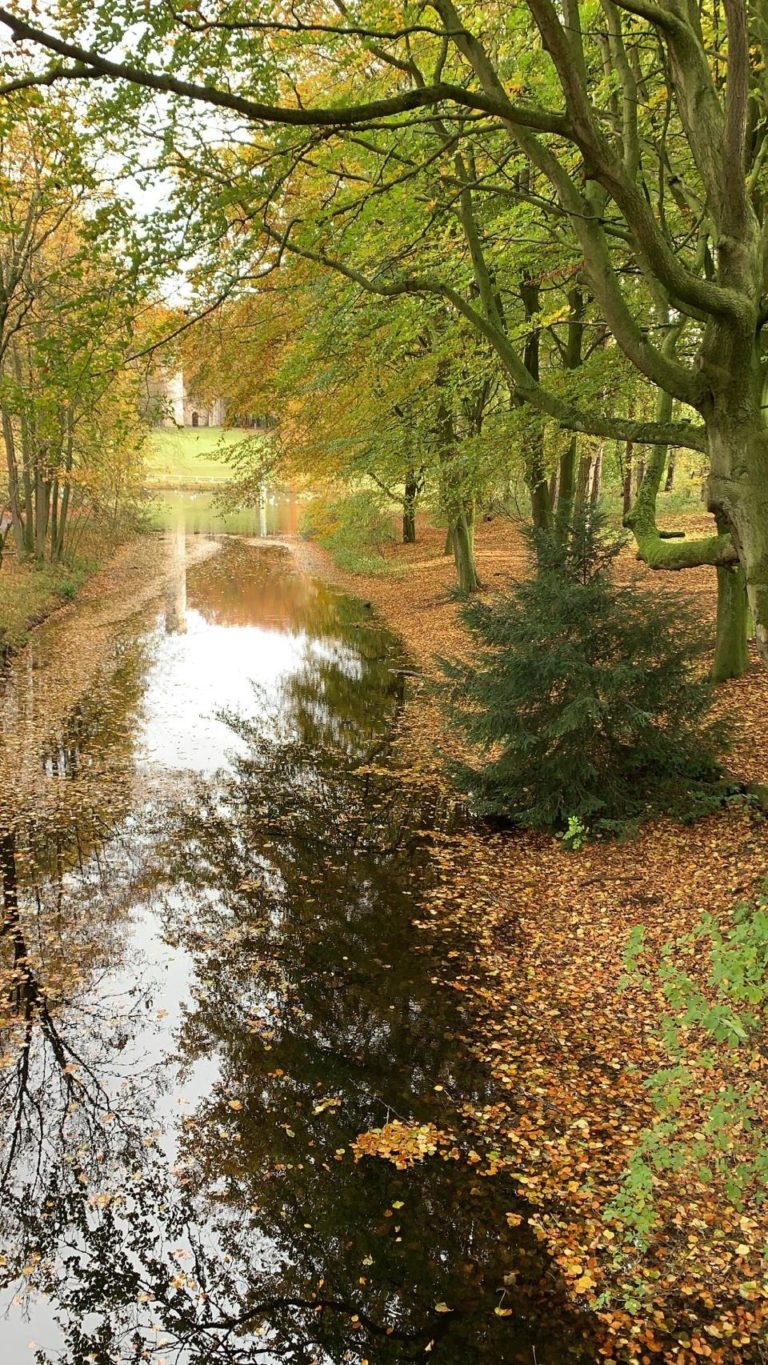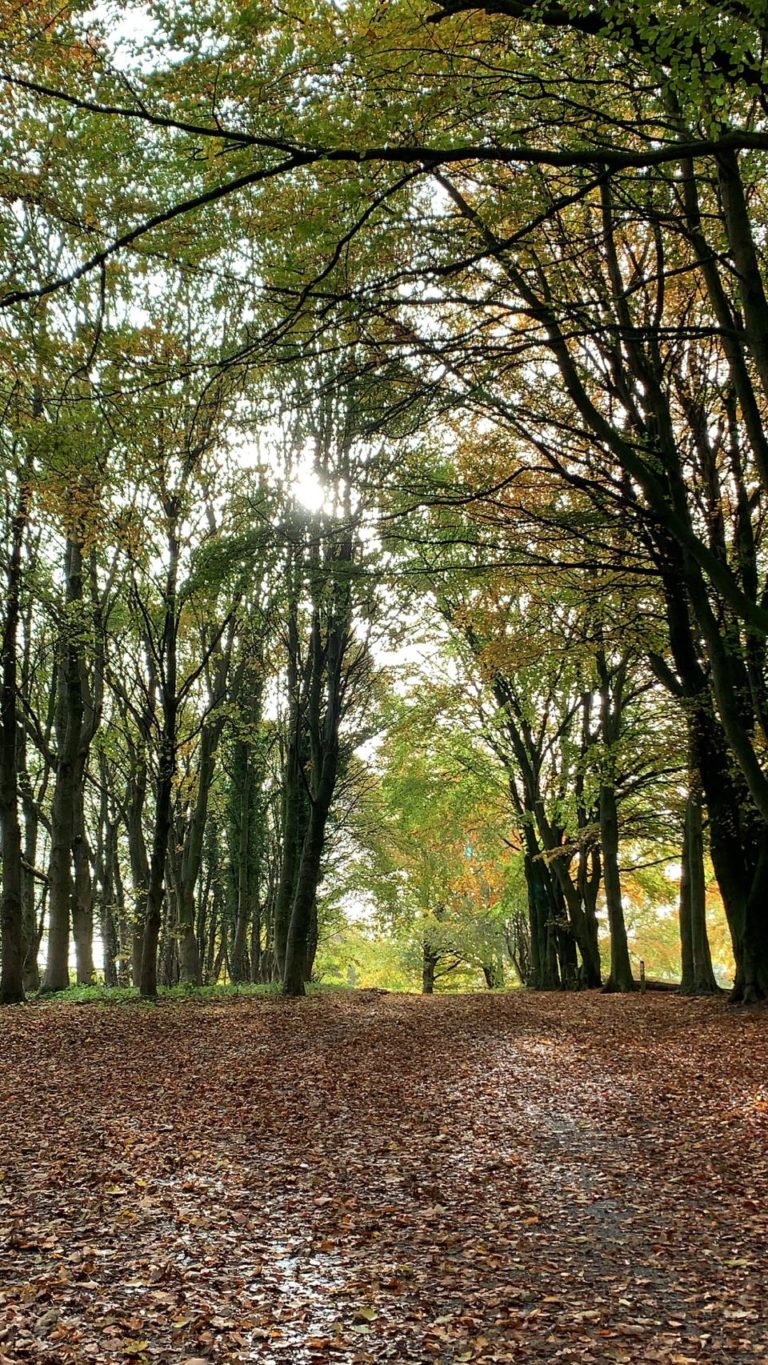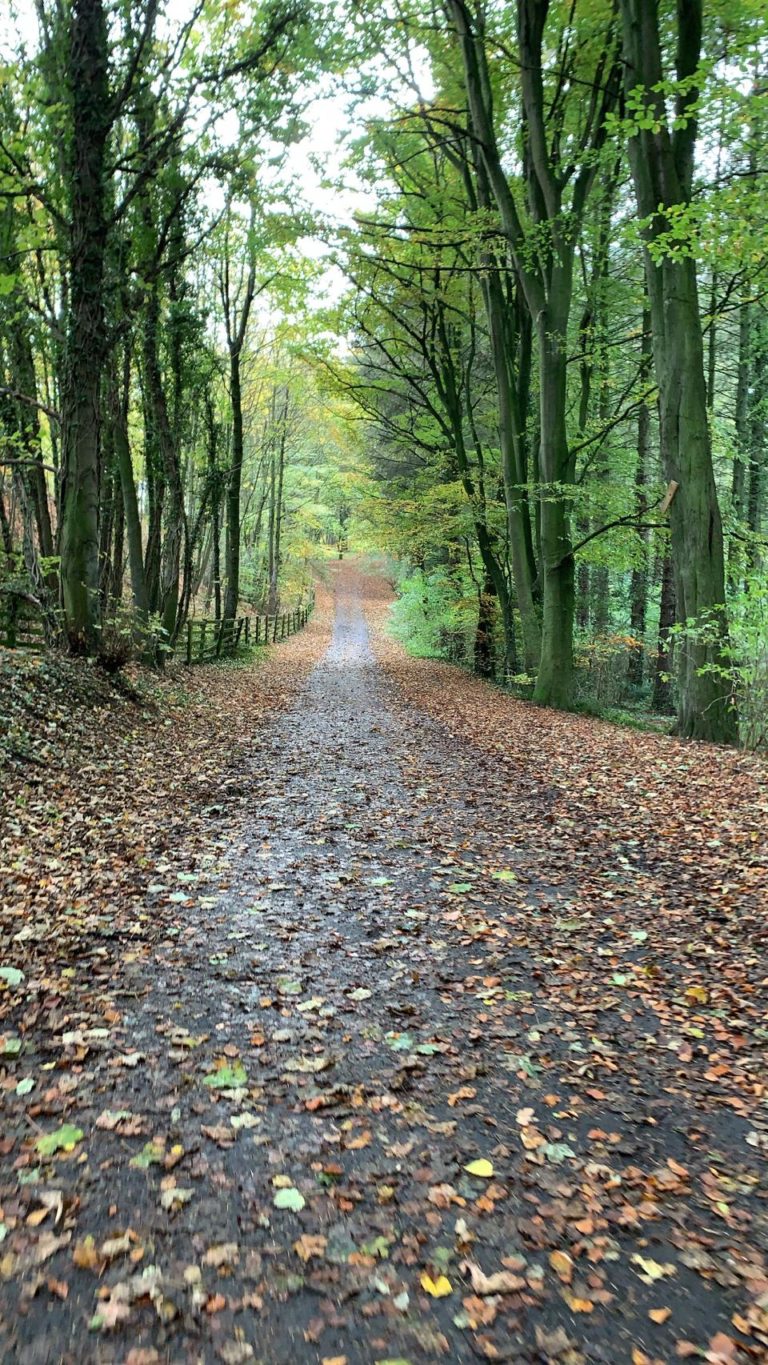As we draw towards the conclusion of Mental Health Awareness Week 2021, I reflect upon the fact that, following 14 very difficult months, we need this week to think about the time that has passed. We must also consider the challenges presented to us over the last 61 weeks, but also to take onboard the lessons and ideas around how we can maintain a positive level of mental wellbeing and how we can make sure our mental wellbeing remains well topped up.
The Impact of The Coronavirus Pandemic Upon Referees
Many referees have found difficulty during periods of inactivity and isolation during the pandemic and throughout a very intermittent season. As very active people, officials were pretty much confined to their households, particularly in the early days.
For many officials, one of the greatest pain points of suffering was the lack of relatedness to colleagues. Great numbers of referees thrive off working in teams on a matchday and regularly train together. Being confined to telephone or video calls was very difficult for a great number.
Additionally, it is crucial for human beings to gain a satisfaction from mastering tasks. Refereeing is an endless pursuit to try and make every decision the correct one, although we know mistakes are inevitable due to the fact we’re only human. This area was a particularly tough one for referees who lost jobs or were furloughed during the pandemic in addition to not being able to officiate, which is a release for many.
In my work with my referee clients, I try to reframe their mindset around the above challenges. I always get officials to consider the things they can and cannot control, focussing on the thing they do have power and influence over which can empower them and allow them to feel positive about the choices they’re making.
Key Considerations For Referees Under Mental Strain:
- If you feel overwhelmed or helpless bear in mind the exercise I’ve explained around the controllables we have in our lives. This will help you reflect on your current situation and focus on more helpful things.
- Isolating yourself from friends, family colleagues will impact on your mental health so find ways to stay connected with people online or ideally face to face will impact your mental health.
- You may still be furloughed, out of work or unable to referee for a while longer, so feeling a sense of mastery will be important – seek ways to do this. Be it gardening, learning a new skill or getting improving your ability in another sport, such as golf.
Remember, trying to have a balance between the three areas is important. We all may favour one aspect during stressful times, try to be aware of that.
Nature
One of the ways we can make sure our mental wellbeing remains well topped up is to engage with the theme of this Mental Health Awareness Week, Nature. I am someone who’s wellbeing gets a lot from getting out into natural environments, the fresh air, colours and, if I’m lucky, warmth do a lot to recharge me. Below is an example of one such walk I went on in a County Durham countryside park last Autumn, at a time of lockdown and in the face of shortening days due to daylight saving. Click on the images to find out more:
Points to Consider When Connecting With Nature to Improve Your Mental Health
Seek Out Nature Wherever You’re Based
Nature surrounds us. It may be a garden, your local park, a nearby beach or wild countryside. Even in cities where nature can be harder to come by, the are locations such as community gardens or courtyards to discover and explore. Keep an eye out for the unexpected, a squirrel scampering up a tree trunk as you walk by, changes in the weather or birdsong outside your window. Try to take note of nature wherever you happen to be, in whatever way is most meaningful for you.
Use as Many of Your Five Senses as Possible to Make a Natural Connection
Making some time to peacefully reflect whilst in natural surroundings using all your senses can provide a real boost to your mental health. Whether you’re relaxing in your garden or on your way to work, try listening out for birdsong, look out for insects, or notice the breeze blowing the clouds across the sky. All of these positive things in nature can help you to find a sense of calm and joy.
Immerse Yourself in Nature
On occasion the geography of your local area can be a barrier to nature. In addition to, how busy you are, how safe you feel or your health. There is however, nothing stopping you from bringing nature into your own home. Having plants in the house is a great way to observe nature and to touch and smell it. Pots of herbs from the supermarket can be a great starting point.
If you have a garden, allotment or balcony, think about how you can make the most of your space. Grow flowers, plants or vegetables, get a bird feeder and take in the sights and sounds around you.
If planting isn’t for you, you can also connect to nature through reading, art and sound recordings. Watching films or TV programmes about nature are also great way to connect with and reflect on nature.
Exercising Around Nature
If possible, try to train outside, whether you’re planning a run, cycle or a pitch based session. Cycling or running outdoors in nature may help to prevent or reduce feelings of anger, tiredness and sadness. Try leaving the headphones at home and simply listening to the world as you move by. Alternatively, you could try new routes that bring you closer to green spaces or water?
At The Third Team I work individually and in collaboration with different professionals where I have developed workshops associated with Resilience and Mental Toughness Development to help referees. The workshops are interactive, where referees are encouraged to open up and share their experiences to help each other.
Feel free to contact me if you’d like to know more about my workshops and how I could help you or your officials.
Best Wishes,

Nathan Sherratt
Referee Educator & Managing Director of The Third Team

Nathan Sherratt
Nathan Sherratt, Referee Educator, Resilience Trainer and Managing Director of The Third Team. A Mental Toughness Practitioner based in County Durham, North East England.





